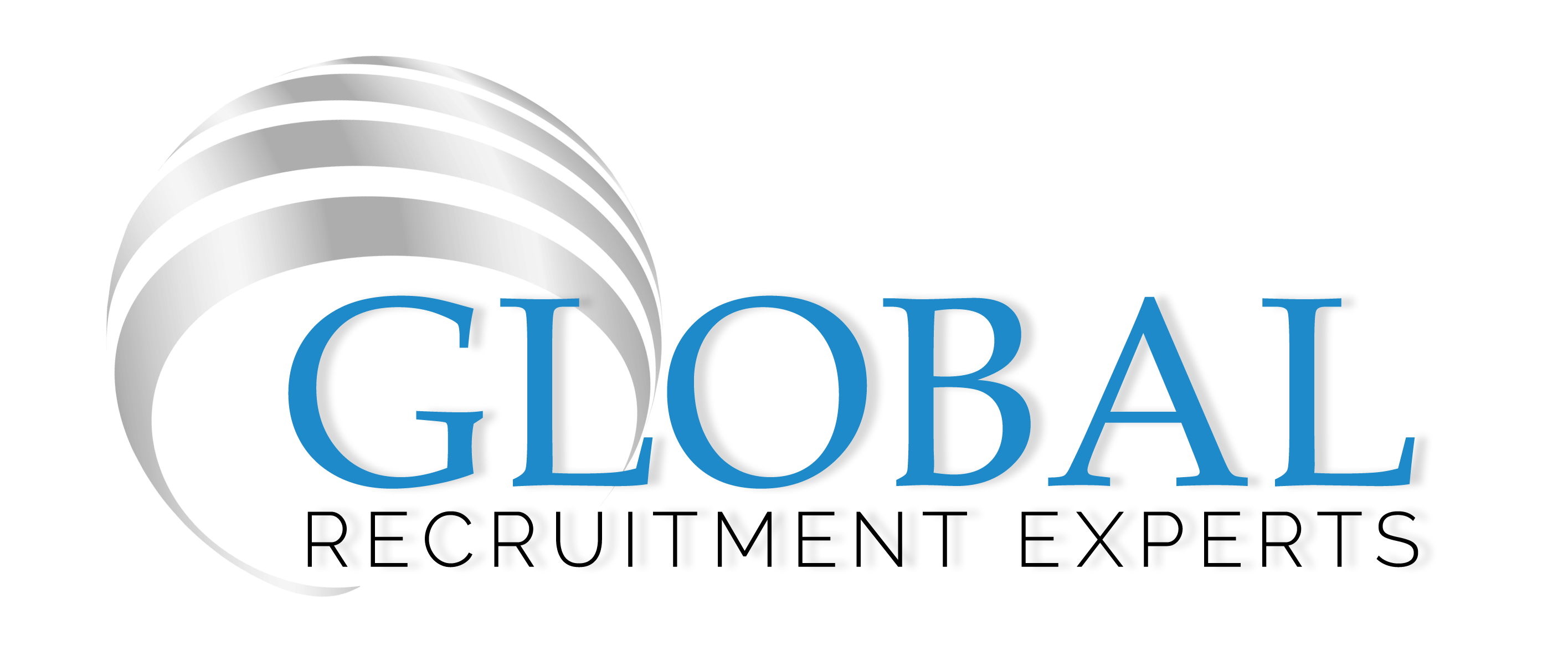Why Cover Letters Are Important
A cover letter is more than just a formality or courtesy – it is an opportunity to impress. Research suggests that employers favor resumes that are accompanied by a cover letter, making it a critical component of your job-search strategy. Understanding why cover letters matter and how to leverage them effectively can give you a significant advantage in your job search.
The Strategic Value of Cover Letters
Cover letters serve several crucial purposes in your job application:
Demonstrating Initiative
By taking the time to write a thoughtful cover letter, you show potential employers that you’re willing to go the extra mile. This initiative suggests you’ll bring the same dedication to the role itself.
Providing Context
Your cover letter creates a narrative around your resume, helping employers understand how your various experiences and skills connect to their specific needs. It’s your chance to explain career transitions, gaps, or seemingly unrelated experience that might benefit their organization.
Showcasing Communication Skills
In many roles, written communication is crucial. Your cover letter serves as a writing sample, demonstrating your ability to articulate thoughts clearly and professionally.
Why Employers Value Cover Letters
From the hiring manager’s perspective, cover letters offer valuable insights:
Personal Connection
Cover letters help employers gauge your genuine interest in their organization and the specific role. They want to hire candidates who are enthusiastic and committed, not just seeking any job.
Cultural Fit Assessment
Through your writing style and the aspects of your background you choose to highlight, employers can better assess how well you might fit within their organization’s culture.
Problem-Solving Potential
A well-crafted cover letter shows how you can solve the employer’s problems. By addressing their specific needs and explaining how your experience relates, you demonstrate your value proposition.
Making Your Cover Letter Stand Out
To maximize the impact of your cover letter:
Research Thoroughly
- Study the company’s website, recent news, and social media presence
- Understand their challenges and opportunities
- Note their values and culture
- Identify specific projects or initiatives you could contribute to
Personalize Each Letter
- Address the hiring manager by name whenever possible
- Reference specific aspects of the company and role
- Explain why you’re interested in this particular position
- Connect your experience to their unique needs
Focus on Value Addition
- Highlight relevant achievements and their impact
- Use specific examples and metrics when possible
- Explain how your skills and experience will benefit them
- Show understanding of their industry challenges
Common Cover Letter Mistakes to Avoid
Generic Content
Avoid sending the same letter to multiple employers. Generic cover letters are easily spotted and suggest a lack of genuine interest.
Excessive Length
Keep your cover letter concise – typically no more than one page. Focus on the most relevant information that adds value to your application.
Repeating Your Resume
Your cover letter should complement your resume, not repeat it. Use it to tell the stories behind your achievements and explain why you’re the right fit.
Poor Organization
Structure your letter logically, with clear paragraphs that flow naturally from introduction to conclusion. Each paragraph should serve a specific purpose.
When Cover Letters Are Essential
While some argue that cover letters are becoming less important in the digital age, they remain crucial in several situations:
Career Transitions
When changing industries or roles, a cover letter helps explain your transferable skills and motivation for the change.
Explaining Circumstances
If you have employment gaps or are relocating, a cover letter provides necessary context for your application.
Competitive Positions
For highly sought-after roles, a compelling cover letter can differentiate you from equally qualified candidates.
The Digital Age Consideration
Even in today’s digital-first recruitment landscape, cover letters remain relevant:
Email Applications
Your email itself often serves as a cover letter, making strong written communication skills essential.
Online Applications
Many online systems make cover letters optional, but including one shows initiative and attention to detail.
LinkedIn Messages
The principles of cover letter writing apply to professional networking messages and outreach.
Final Thoughts
In today’s competitive job market, every advantage matters. A well-crafted cover letter can be the difference between getting an interview and having your application overlooked. Take the time to write compelling, personalized cover letters that demonstrate your value to potential employers.

